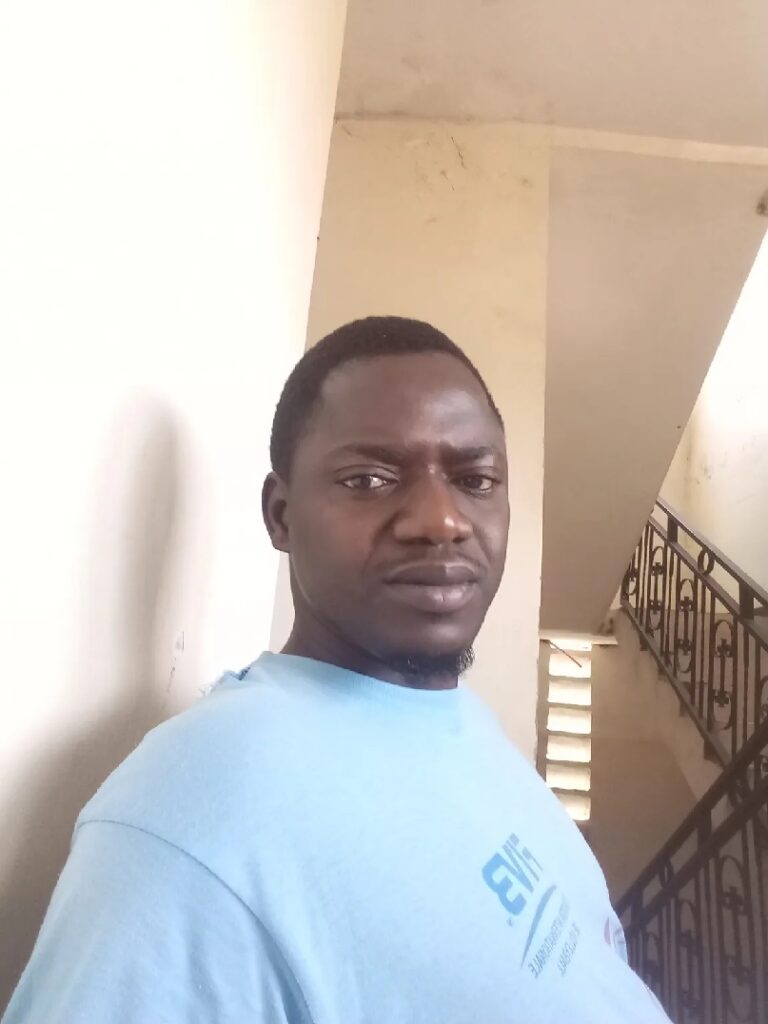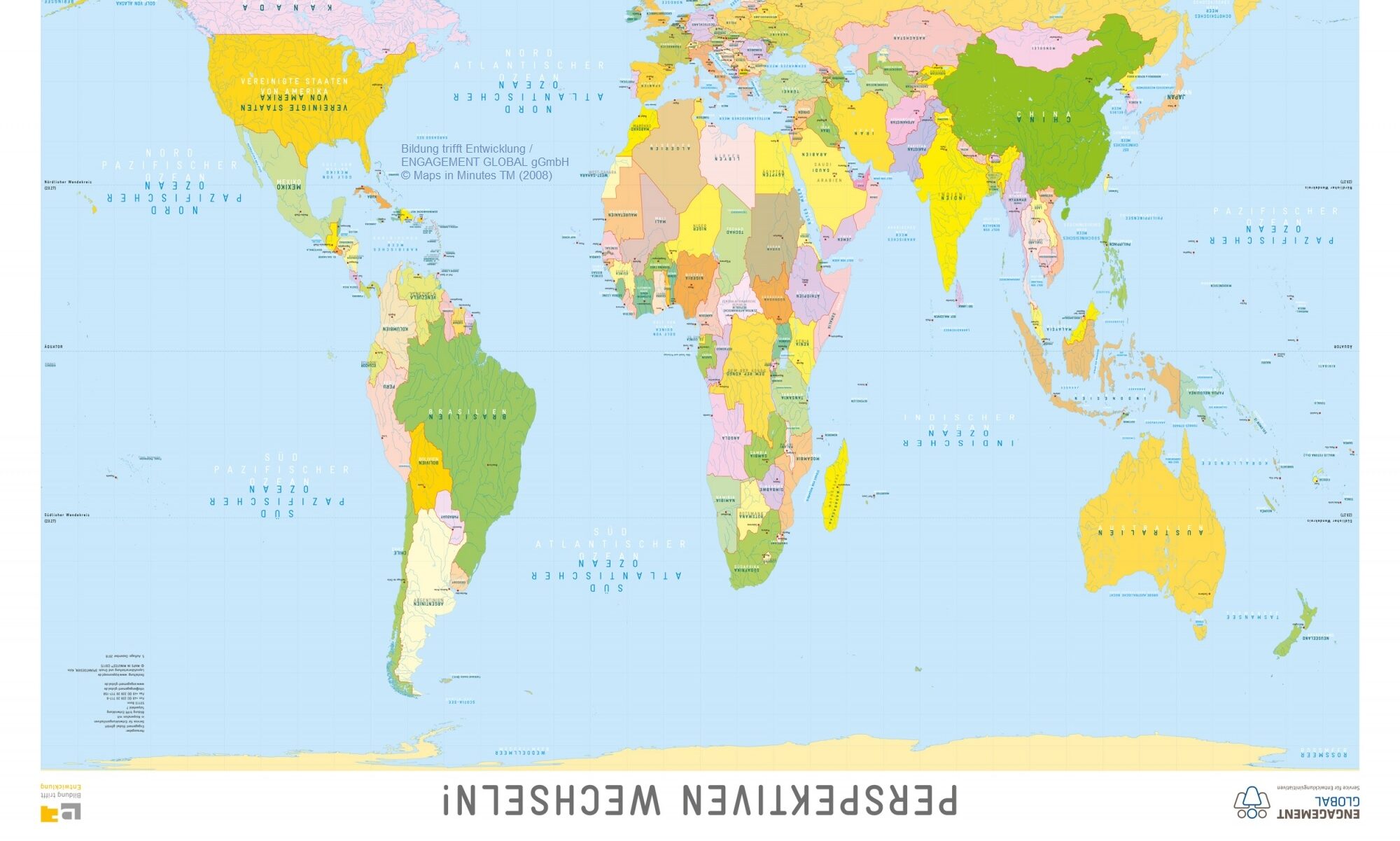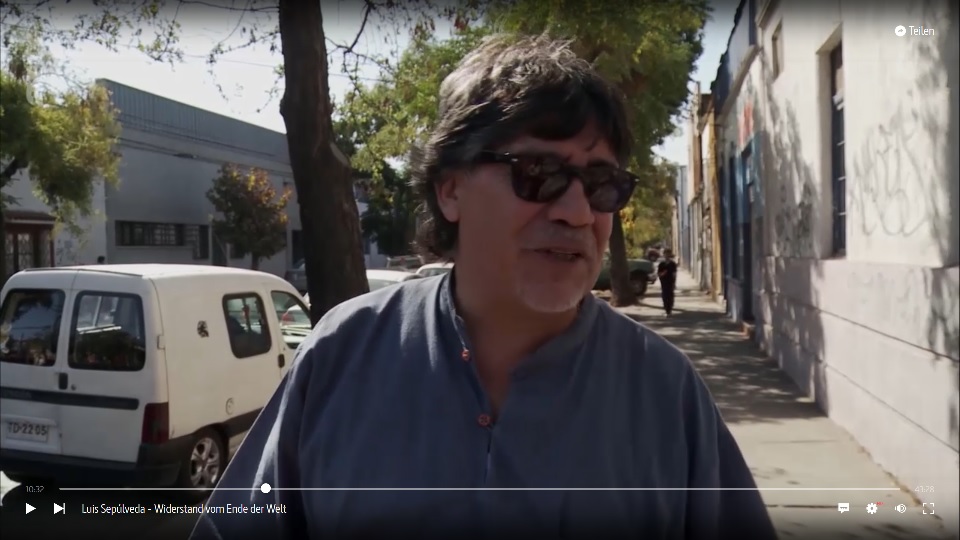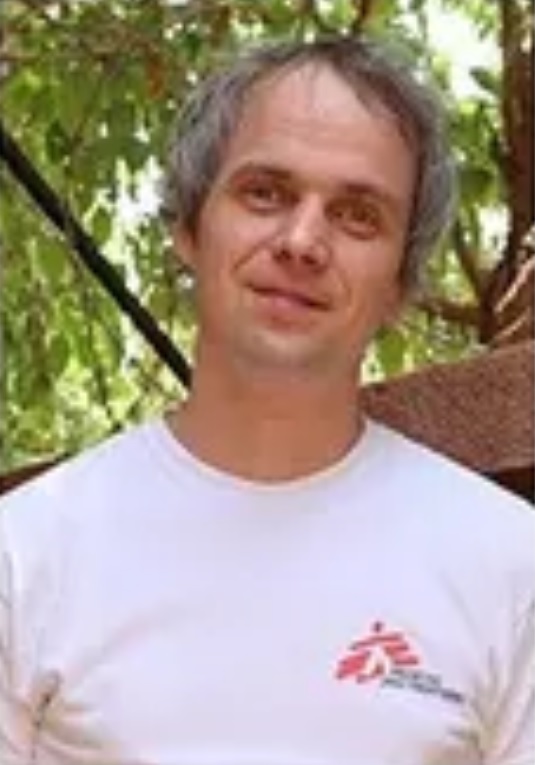
Nachdem das Coronavirus in vielen Ländern der Welt aufgetaucht war, kannte Senegal seinen ersten Corona-Fall am 02. März 2020. Seitdem gab es immer mehr Infizierte. Deshalb hatte Macky Sall, der senegalesische Präsident, die Entscheidung getroffen, alle Schulen und Universitäten zu schließen.
Die Schüler, die Studenten und alle Lehrer sollten zu Hause bleiben. Die Regierung dachte trotzdem an Online-Unterricht (über soziale Netzwerke wie z.B. Whatsapp, Facebook usw.) Das Fernsehen nahm auch an diesem Projekt teil. Das Projekt heißt „Télé-école“. Die Idee war, die Schüler sollen nichts verlernen. Leider gibt es ein Problem damit, denn viele Lernende und Studenten haben keinen (guten) Internetzugang.
Am 23. März 2020 hielt der Präsident eine zweite Rede. In seiner Rede hatte er gewisse Entscheidungen getroffen unter denen die Ausgangssperre im ganzen Land, die Schulen und Universitäten bleiben geschlossen usw. An diesem Tag gab es schon 479 Infektionsfälle und 6 Verstorbene.
In seiner dritten Rede am 11. Mai sprach er von Erleichterung der Maßnahmen. Das heißt, man kann jetzt von 5 Uhr bis 21 Uhr das Haus verlassen. Die Leute können auch, wenn sie wollen, in den Kirchen und Moscheen beten. Er empfahl sogar, die Schulen am 2. Juni wieder zu öffnen. Diese Wiederöffnung betrifft nur die Schüler, die eine Prüfung am Ende des Jahres machen müssen. Die anderen Lernenden sollen immer noch von zu Hause weiter lernen.
Ich finde auf jeden Fall die Wiederöffnung der Schulen sinnlos, denn bis heute gibt es 2812 Infektionsfälle und 32 Gestorbene.
Ich frage mich: Wie kann der Präsident die Schulen auf diesem Hintergrund wieder öffnen? Warum hatte er am 16. März sofort die Schulen geschlossen, obwohl es nur 27 Infektionsfälle gab?
Ich habe deshalb vier Schüler gefragt, was sie von der Wiedereröffnung der Schulen halten? Hier sind Antworten:
Djibril Sène, Abiturient: „Das Erziehungssystem ist in Gefahr. Nach zwei Monaten ohne Schule ist es nicht mehr möglich, die Prüfungen im August zu machen.“
Arame Thioune, Abiturientin: „ Es ist schwer an diesem Tag wieder in die Schule zu gehen. Die Infektionsfälle steigen immer mehr. Wir sollten immer noch zu Hause bleiben.“
Mame Diarra Dieng, Schülerin in der Premièreklasse: „ Die Krankheit ist immer noch da. Ich würde die Behörden darum bitten, die Wiederöffnung der Schulen zu verschieben.“
Fatou Kiné Guéye, Abiturientin: „ Ich finde, dass die Wiederöffnung sehr normal ist, denn wir müssen eine Prüfung machen. Man weiss nicht, wann die Krankheit verschwinden wird. Und wir haben schon viel Zeit verloren.“
Obwohl der Erziehungsminister gewisse Maßnahmen für eine erfolgreiche Wiederöffnung getroffen hat, haben die meisten Leute Angst davor.



